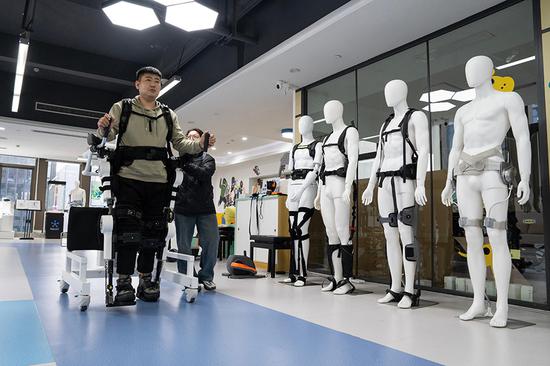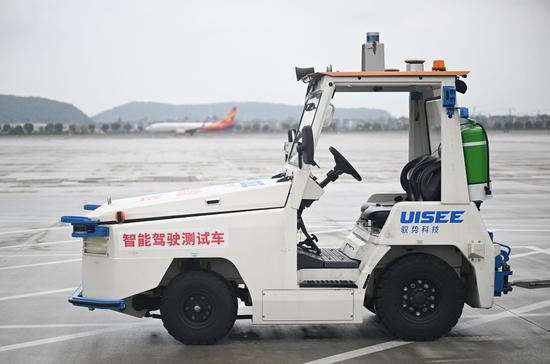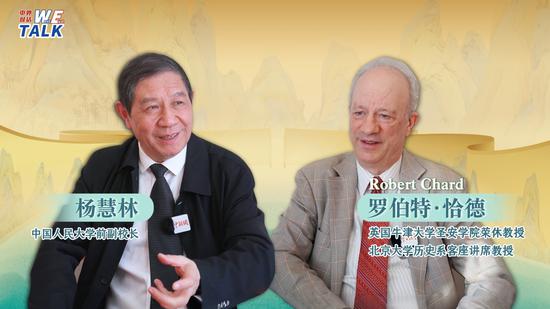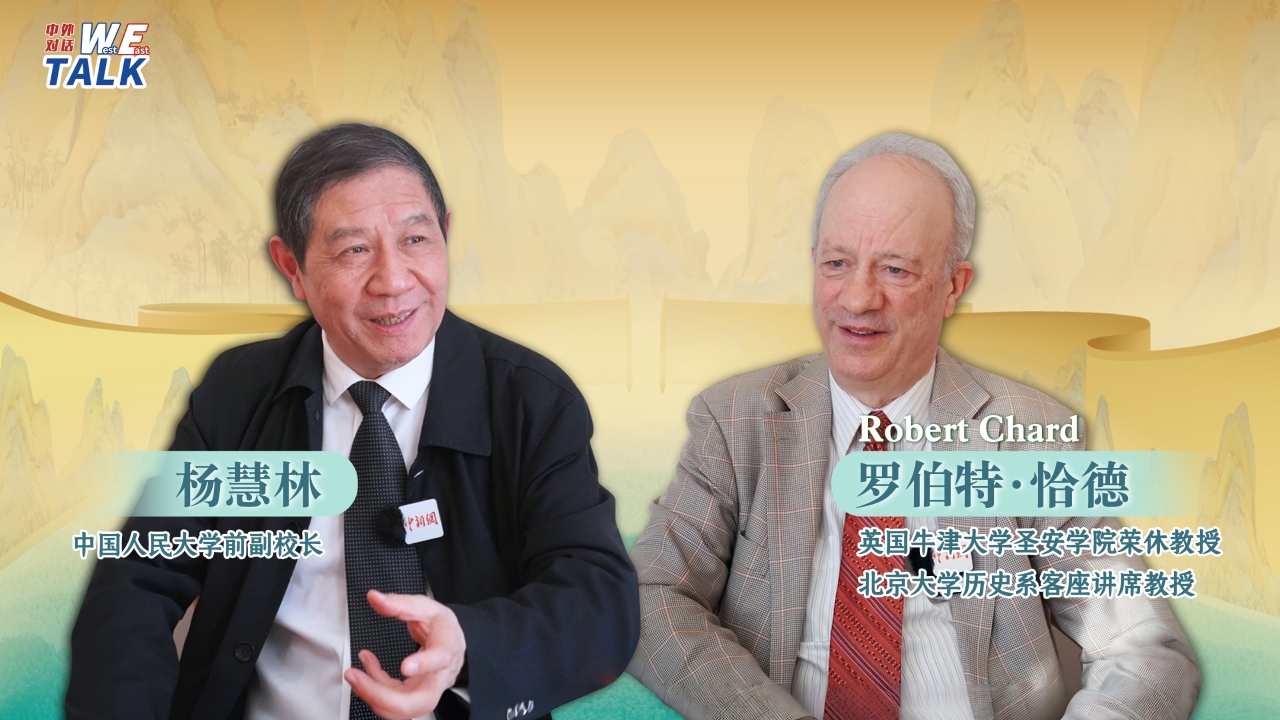With microgravity and cosmic radiation, the unique environment in space poses risks to human health and also vast opportunities for medical and scientific research breakthroughs, experts said.
This issue was highlighted recently when two NASA astronauts stranded aboard the International Space Station for nine months appeared haggard and thin upon their return to Earth.
Human activities such as movement and sleep are affected by such a lengthy period in space. The potential health issues astronauts face are ongoing challenges for long-term manned space missions that are being addressed by Chinese experts.
"Muscle atrophy is one of the significant physiological changes in a microgravity environment," said Li Yuying, an associate researcher at the Shanghai Institute of Nutrition and Health of the Chinese Academy of Sciences.
Li said that understanding the mechanisms behind these changes and finding solutions to mitigate them can eventually contribute to medical fields affected by similar conditions on Earth.
China established its own space station system after the launch of the Tianhe core module in April 2021, followed by the Wentian and Mengtian laboratory modules in 2022, with multiple manned and cargo missions.
In November 2022, Li's research team sent mouse muscle cell samples to Tiangong, China's operational space station, via the Tianzhou 5 cargo spacecraft.
In the Wentian module's biotechnology experiment cabinet, they successfully cultured and differentiated muscle cells, discovering phenomena such as cell fusion and muscle fiber formation in microgravity for the first time. The team also identified the gene responsible for autophagy, the body's cell recycling system, under these conditions.
"We were the first to use a skeletal muscle cell autophagy fluorescence reporting system to analyze the effects of space microgravity on muscle cell autophagy. This led to discovering the mechanisms and potential molecular targets related to muscle atrophy in space," Li explained.
This research holds the prospect of improving astronaut health by regulating autophagy through specific drugs, dietary adjustments, or exercise.
"The findings could also be applied to patients with sarcopenia (loss of muscle mass) and those bedridden for extended periods on Earth, providing new solutions to combat muscle atrophy," she added.


















































 京公网安备 11010202009201号
京公网安备 11010202009201号